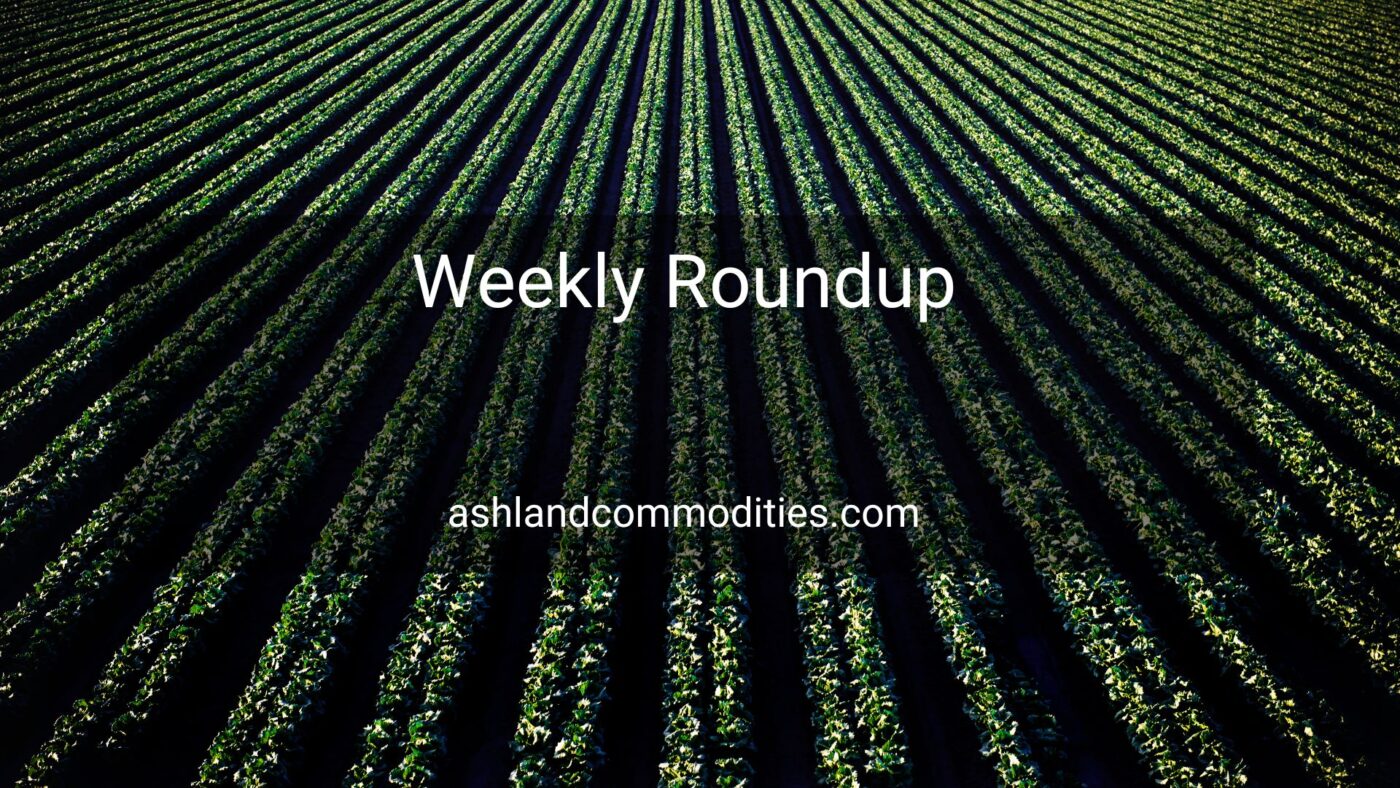Welcome to the Weekly Roundup, a short summation of articles that moved the commodity markets this week.
NEW COVID CASES IN CHINA CAUSE LOCKDOWNS
One of the big questions regarding forward grain demand is Chinese exports. If the Chinese are going to be in the US market buying grain (corn, soybeans, and wheat) like they have in the past two years, prices will likely stay firm. In China backs away from the world market at all, prices could relax a bit due to slower exports pace. COVID plays a big part in this.
RUSSIAN OIL PRICE CAPS AND OPEC+ PRODUCTION INCREASES?
There’s been a ton of back and forth regarding Russian oil price caps and what that would do to global oil prices. The leading argument is that if the West capped Russian oil prices, Russia would refuse to sell at those cap levels (obviously) and that would essentially exclude Russian oil from the world market. If Russian oil is excluded from the world market, then the global supply and demand is suddenly way out of balance and prices need to move higher – unless OPEC+ increases their production.
POTENTIAL US RAIL STRIKE LOOMS
As if the current supply chain situation wasn’t bad enough, throw a potential US Rail Strike on top of it. It’s estimated that the US railroads move about $2 billion worth of goods every day, so any strike would reek havoc on an already inflationary environment. As it relates to commodities, a strike would essentially ‘strand’ grain in the midwest and choke off our exports.
US WINTER WHEAT CROP CONDITIONS REMAIN VERY LOW
It’s no secret, the US had a winter wheat drought last year. The problem is that they drought continued right through into planting (damn you, La Nina). Currently, winter wheat crop conditions are rated at 32% good to excellent – the worst conditions in 30+ years. That’s not to say that the crop is completely dead at this point and we should write it off, but it’s certainly not off to a good start. If these conditions persist through next spring we could be in for a wild ride in wheat markets.

